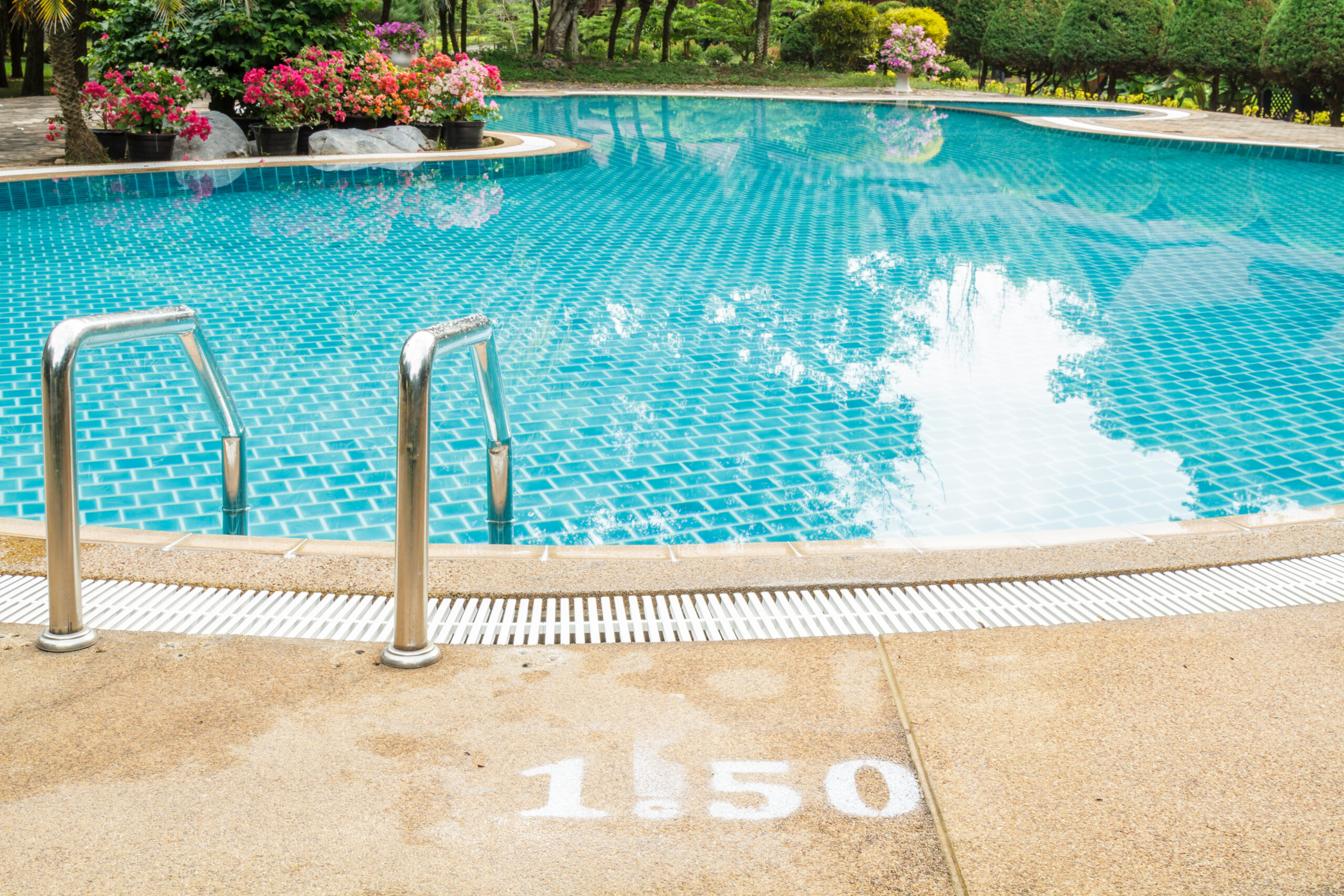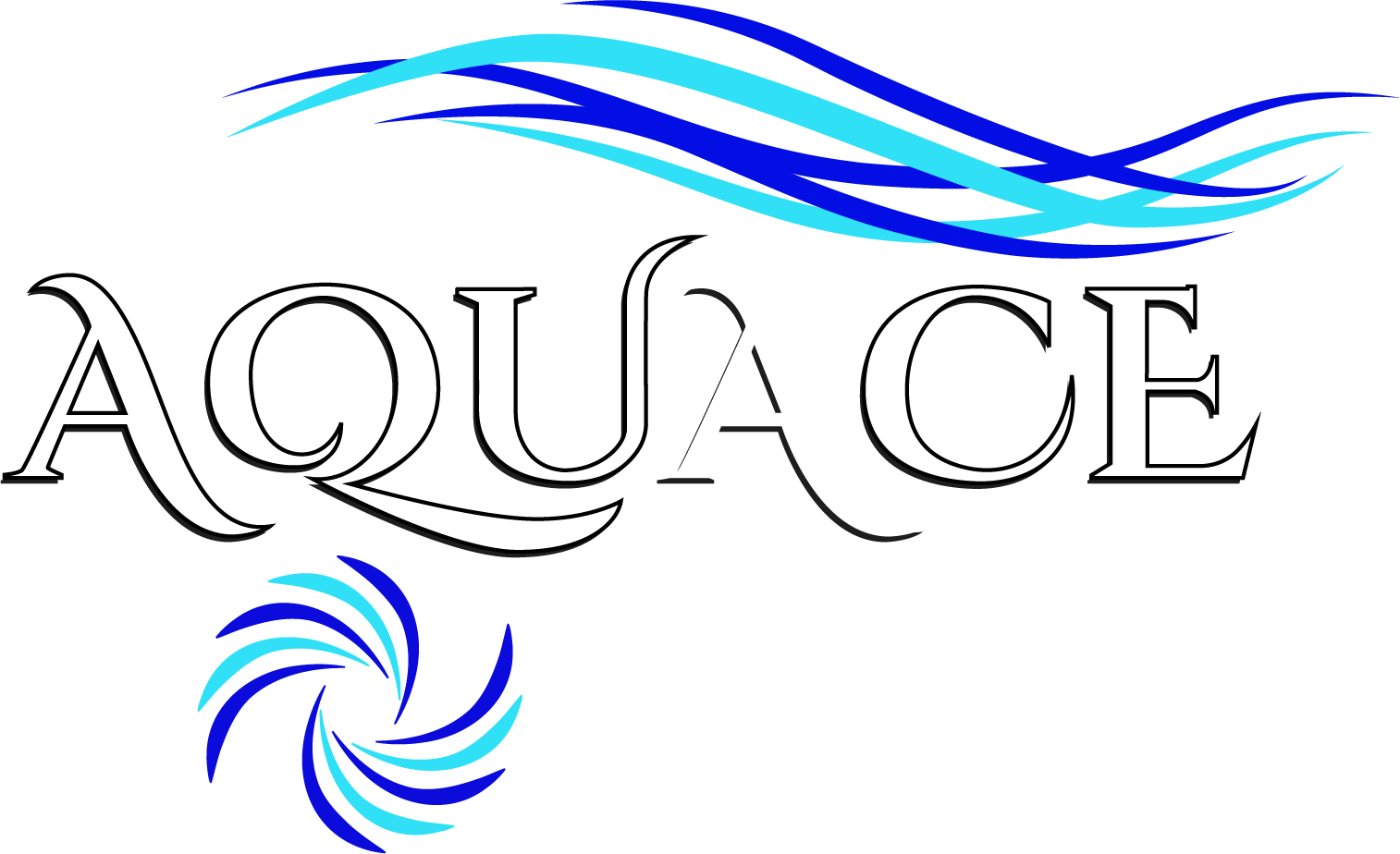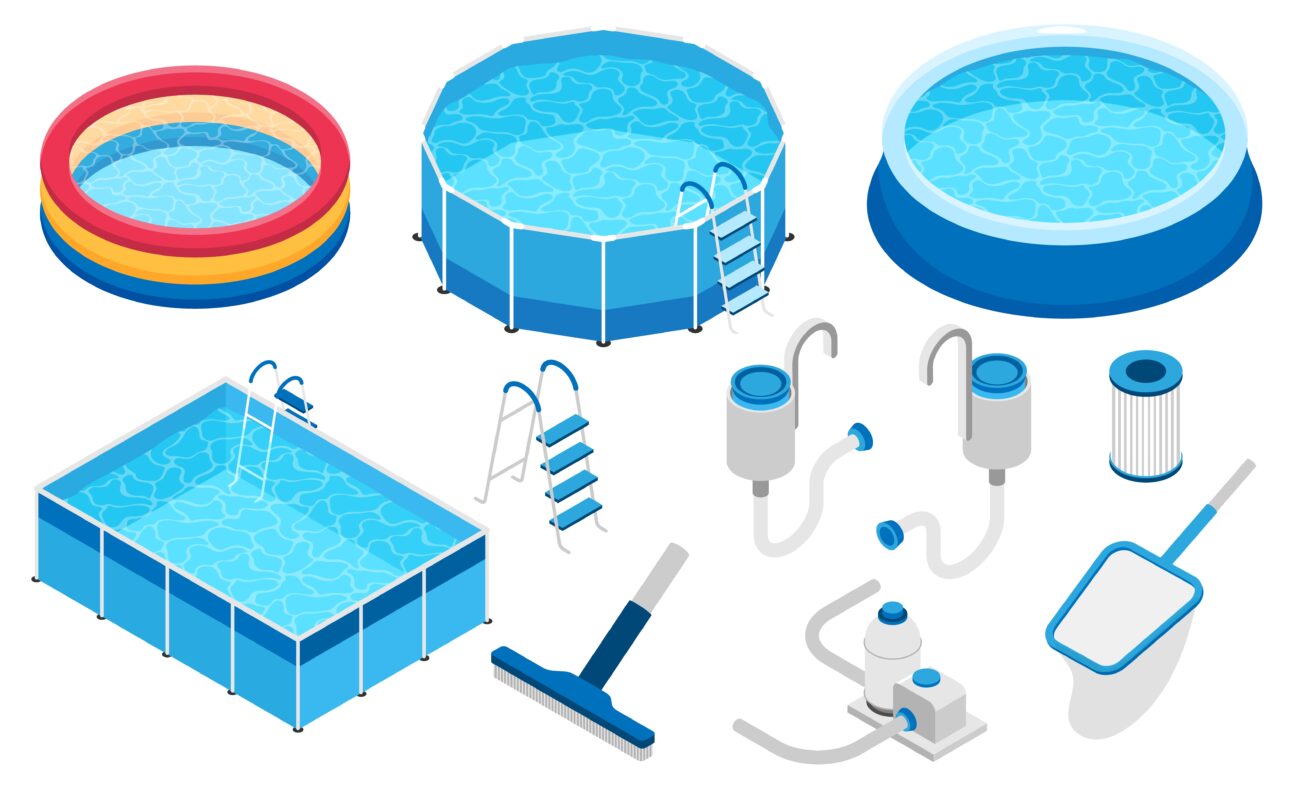Understanding Pool Liners: Their Purpose, Benefits, and Importance in Pool Maintenance

The pool liner is commonly overlooked by homeowners who already have a pool or are thinking about installing one. The liner is frequently just part of the complete installation package. Although choosing from a variety of readily accessible patterns may take some time, its purpose and importance are usually ignored. This brings up an important question: What is a pool liner, and why is it necessary for the functionality as well as structure of your pool? Learn more about this crucial pool component, including its various types, costs, and advantages, whether you’re installing a pool for the first time or it’s time to replace your pool liner.
What Is a Pool Liner?
A pool liner is a waterproof lining or covering, typically made from vinyl, over the base of the pool. Liners help protect the pool structure, minimize algae growth, keep pool users safe from rubbing against rough or hot pool walls and floors, and add a finished look to the pool with simple or unique designs. When installing a pool, or replacing a liner, you’ll want to hire a local pool liner installation company to handle the job.
Pool Liner Components
The pool, whether above ground or inground, has a frame or structure to create the shape of the pool. Then, the pool is constructed from wall panels, which may be made from sand, cement, steel, aluminum, polymer, or vermiculite, depending on if the pool is inground or above ground.
To keep the wall panels protected from chemically treated water and keep the pool users’ feet safe from touching hot metal or scratchy cement, a pool liner covers the walls. The liner will also cover the pool floor and steps and wrap around ladders and other pool accessories.
Benefits of Using a Pool Liner
If you’re considering installing a pool liner, you’ll want to keep these pool liner benefits in mind. Not only do pool liners add a touch of style to your pool, but they can also be important for keeping swimmers safe. Plus, pool liners offer cost savings and low-maintenance benefits for homeowners.
Leakage prevention
One important benefit of a pool liner is that they help prevent pool leaks. These waterproof coverings can keep pool water curbed, rather than seeping into porous wall panels or leaking out from the walls of an above ground pool.
Protect Pool Walls and Floors
Pool walls and floors may be made from spongy substances, like sand or cement, or corrosive metals. The liner prevents the chemically treated water from making contact with the pool walls and floors. For porous walls and floors, water contact could allow algae to grow and quickly spread in the pool. For metal materials, the water could cause rust and corrosion.
Easy Maintenance and Cleaning
Because vinyl shields porous wall panels from the water, you can spend less time scrubbing away algae growth. Vinyl liners are also non-porous and smooth, making them easy to clean. Pool liner repairs are pretty simple, too, requiring just a patch kit or some duct tape for small tears.
Enhanced Safety
Installing a pool liner significantly improves swimmer comfort and safety. Unlike the abrasive surface of gunite pools, a vinyl liner provides a smooth, gentle texture that helps prevent scrapes on feet, knees, and elbows. In pools with metal walls, the liner also serves as a protective barrier, shielding swimmers from potential burns caused by sun-heated surfaces.
Time and Costs
Vinyl liner pools are generally more cost-effective and quicker to install compared to concrete, gunite, or fiberglass options. On average, the installation cost for a vinyl liner pool is approximately $3500, whereas concrete pools may cost around $8,000, fiberglass pools about $40,00, and gunite pools can exceed $100,00. In terms of installation time, a vinyl liner pool can typically be completed within a few weeks, while a concrete or gunite pool may require up to six months to construct.


